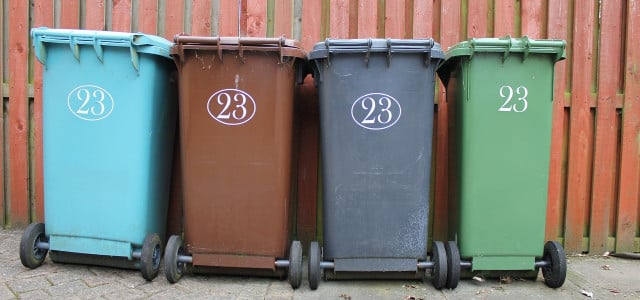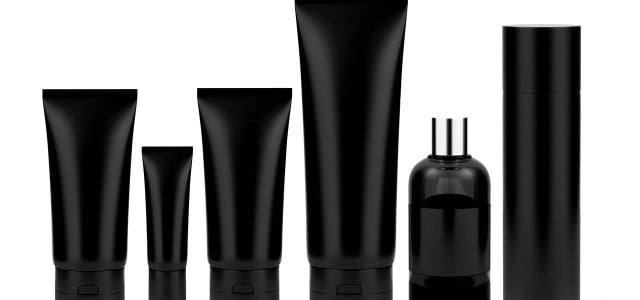Closed-loop recycling is the best recycling process available for a sustainable economy and environment. You can help make closed-loop recycling more common by opting for glass and aluminum containers.
Closed- vs. Open-Loop Recycling
Closed-loop recycling refers to the recycling of products so that they never enter a landfill. Every product is used, recycled, and formed into a new product, without the addition of virgin materials (a raw, previously unused resource). Through this process, goods are recycled and remade over and over, without any waste produced. Closed-loop recycling is effective for materials that do not lose their integrity during the recycling process, such as aluminum and glass. To do your part to contribute to closed-loop recycling, it is important to choose aluminum and glass packaging when possible and always recycle your containers.
Open-loop recycling, on the other hand, is a method that involves adding broken-down recycled materials to virgin materials to produce a new product. While open-loop recycling is much better than simply disposing of products, the incorporation of fresh products is not as sustainable as simply using what we already have. It is always better to preserve natural resources.
Closed-loop recycling even reduces pollution, as creating products using virgin materials creates higher emissions. For example, recycling one aluminum can only needs around 5 percent of the energy required to produce a new can. Recycling glass also saves around 20 to 35 percent of energy compared to producing new glass. Closed-loop recycling also goes hand in hand with the cradle to cradle model.
Closed-Loop Recycling of Plastics: Is It Possible?
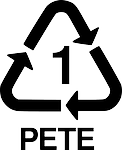


(Foto: CC0 / Pixabay / Clker-Free-Vector-Images)
Unfortunately, many plastics cannot be recycled. The most important thing to know is that plastics with the Resin Identification Code (RIC) of numbers six and seven are never recycled. Avoid these as best as you can.
There are models being developed that aim for a closed-loop recycling system for plastic. The German company Schwarz Group (owner of Lidl and Kaufland supermarkets), for example, has developed what it claims to be the first ever “bottle-to-bottle” closed-loop recycling. It only works with PET-bottles and – most likely – only with brands sold by the Schwarz Group. It’s certainly great news that systems like this are in development, but they come a little late: In reality only about nine percent of plastics ever produced have been recycled.
So unless you know exactly what kind of plastic it is that you’re using, and that adequate recycling systems are in place in your region, it is unlikely that your plastic waste can be recycled in a closed-loop system.
Closed-Loop Recycling: Aluminum
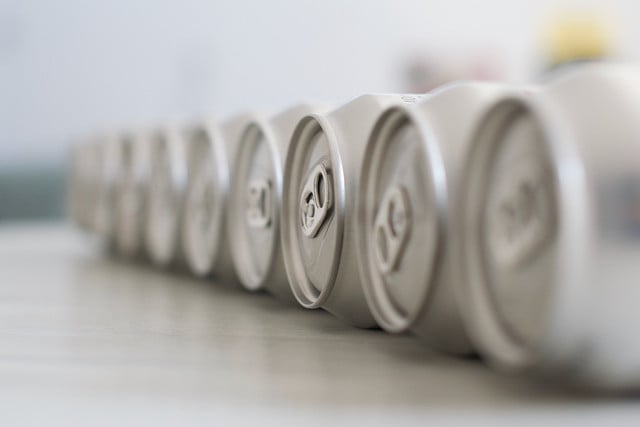


(Foto: CC0 / Pixabay / campbellstogether)
Aluminum has been recycled so effectively that, according to the Aluminum Association, seventy-five percent of the aluminum ever used is still in use today. Aluminum waste is largely made up of aluminum cans. Cans and other aluminum materials are collected from homes and businesses and taken to recycling facilities where they are sorted and compressed into bales. The bales are then reprocessed, shredded, de-coated, melted, and cast into ingots. Lastly, the ingots are rolled into fresh aluminum sheets and then used to produce aluminum products.
Closed-Loop Recycling: Glass
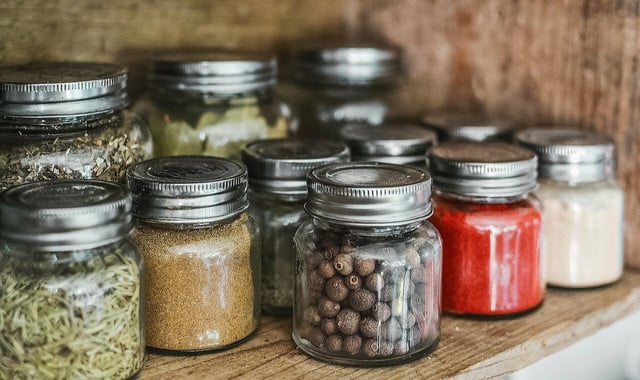


(Foto: CC0 / Pixabay / monicore)
Glass is recycled similarly to aluminum. After collection, it is taken to a recycling center where it is sorted, cleaned, and crushed. The crushed glass is then mixed with any needed color, and then melted and remolded into new jars, bottles, vases, and more.
Read on:
- How to Recycle Shredded Paper – and How to Avoid Shredding it
- What is Upcycling? A Guide to Repurposing Used Materials
- How to Recycle and Repurpose Old CDs and DVDs
Do you like this post?






